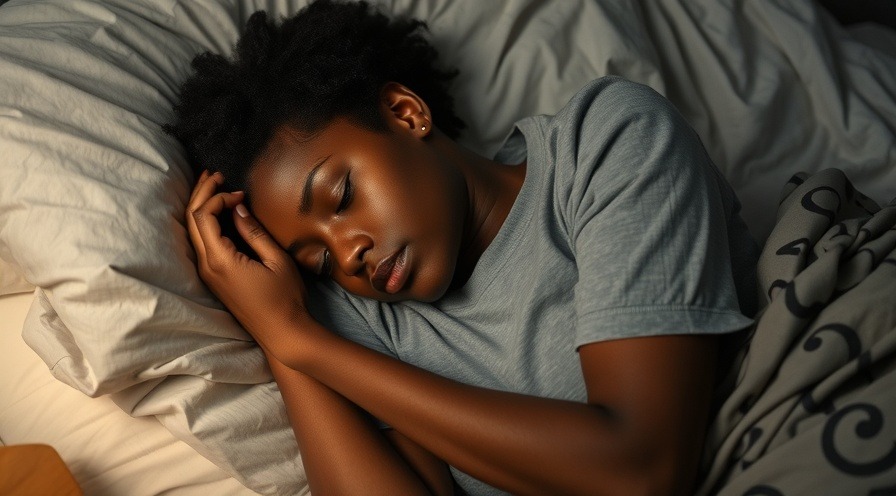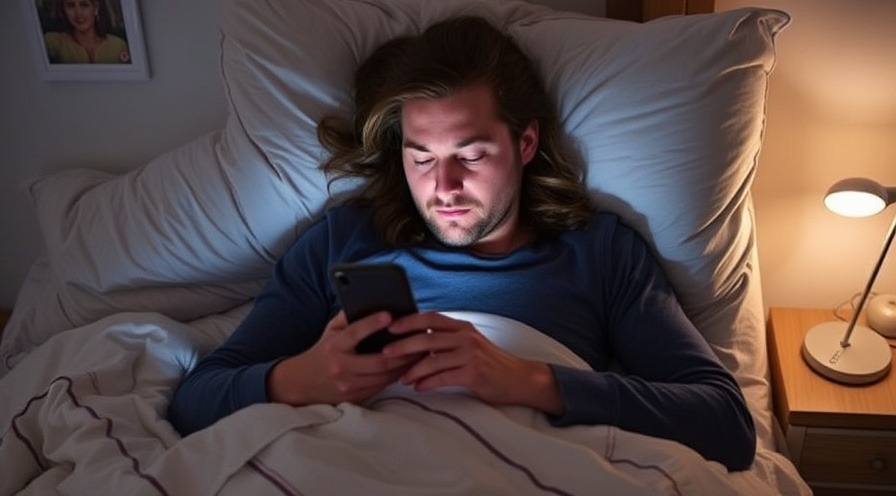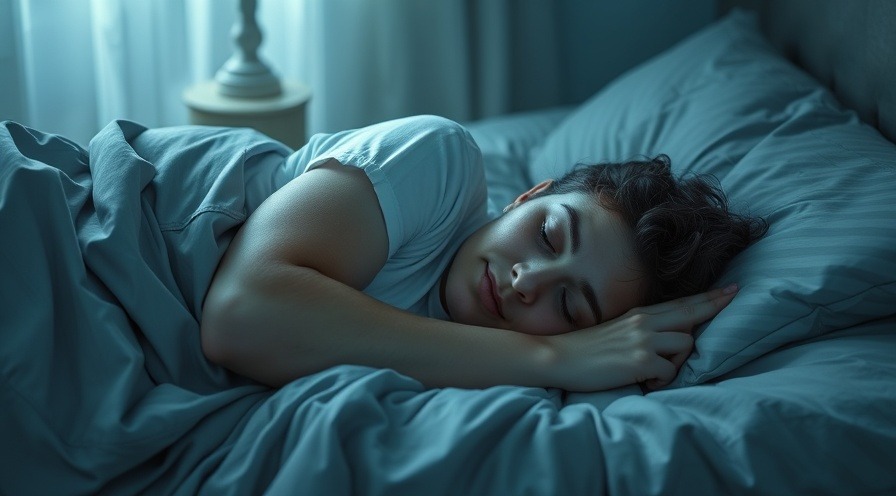
Sleep Aids Unmasked: CBD, Melatonin & the Supplements That Actually Work (and the Ones That Don’t)
Tired of Being Tired? Here’s What Works—And What’s Just Hype
If you’ve ever stared at your ceiling at 2 a.m. wondering if that $40 bottle of “sleep support” was money well spent, you’re not alone. Americans spend over $430 million per year on sleep supplements, yet millions still toss, turn, and scroll. So, what actually helps—and what’s just hype dressed in a wellness label?
Let’s break it down. No sugar-coating, no sketchy promises. Just real talk backed by real science.
Melatonin: The Jet Lag MVP (But Not for Everyone)
The Truth: Melatonin is a hormone your body already makes to tell you it’s bedtime. Supplementing it can be effective—especially for things like jet lag or shift work disorder, says Dr. Michelle Drerup, Director of Behavioral Sleep Medicine at the Cleveland Clinic.
A meta-analysis in the journal PLoS One (2013) found melatonin helped people fall asleep 7 minutes faster on average. That’s not magic, but it’s something.
The Catch? Long-term use may mess with your body’s natural melatonin production. Plus, some supplements contain way more melatonin than needed—up to 478% more, according to a 2017 Journal of Clinical Sleep Medicine study.
🛏️ Verdict: Use occasionally. Aim for 0.5 to 3 mg, 30 minutes before bed. Skip the mega-doses.
CBD: Chill Vibes—But Inconsistent Results
CBD (short for cannabidiol) is all over the sleep aisle, promising “calm” in a bottle. But does it deliver?
Dr. Bhanuprakash Kolla, sleep medicine specialist at the Mayo Clinic, notes that while CBD may help reduce anxiety—one common sleep thief—the evidence on CBD for sleep itself is still emerging.
One study in The Permanente Journal (2019) found 66% of participants reported better sleep after a month of CBD use—but most also had anxiety issues. Was it sleep improvement? Or less anxiety? Maybe both.
The Catch?
Doses, quality, and formulations vary wildly. Many CBD products are unregulated and may not contain what the label claims. Buyer, beware.
🌿 Verdict: Possibly helpful if anxiety is keeping you up. Stick to reputable brands. Don’t expect a miracle.
Magnesium: The Quiet Hero
Magnesium doesn’t get flashy marketing, but it’s quietly effective—especially for people who are deficient (which, spoiler: many of us are).
A 2012 Journal of Research in Medical Sciences study found older adults taking magnesium had improved sleep time and efficiency.
It plays a role in regulating GABA, the neurotransmitter that helps your brain chill out at night.
The Catch?
Too much = laxative city. Nobody sleeps well on the toilet.
💤 Verdict:
Legit support for mild insomnia. Try magnesium glycinate (gentler on your gut) around 200–400 mg.

Valerian Root: Herbal Knockout or Placebo Punch?
This herb’s been used for centuries as a natural sedative—but modern science is… conflicted.
Some small studies (like a 2006 Sleep Medicine Reviews analysis) show modest improvements in sleep quality. Others say, “meh.”
Side effects may include dizziness and weird dreams. Fun if you’re into that.
🌿 Verdict:
May help some people—but don’t bank on it. Worth a shot if you prefer herbal over pharma.
The Ones to Skip (Sorry, Snake Oil Fans)
5-HTP: Can boost serotonin but hasn’t shown consistent sleep benefits. Can also cause nausea.
L-Tryptophan: Better known as the Thanksgiving nap amino acid. Research is inconclusive.
Kava: May reduce anxiety, but can be toxic to the liver. Hard pass.
The Bottom Line
Sleep is complicated—no one supplement works for everyone. But melatonin, magnesium, and maybe CBD can offer legit help when used wisely. Just remember: supplements are sidekicks, not superheroes. If sleep problems persist, talk to your doctor or a sleep specialist. Because Googling "why am I awake at 3 a.m.?" is no one’s idea of a good time.
View more great articles and videos on sleep HERE.
Disclaimer: The information provided on this website is for general informational purposes only and should not be considered medical advice, diagnosis, or treatment. Always consult a qualified healthcare professional before making any decisions or taking actions related to your health, including but not limited to medical conditions, treatments, diets, supplements, or exercise programs. The content on this site is not intended to replace professional medical guidance. The website and its authors are not responsible for any actions taken based on the information provided. Ask your doctor or licensed medical professional first.
 Add Row
Add Row  Add
Add 




Write A Comment